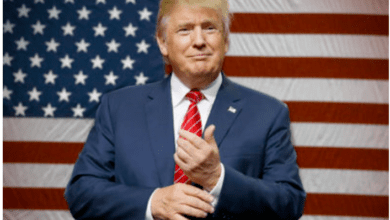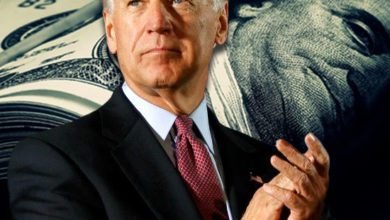Congress to Enhance Smoot-Hawley – Protectionist Cause of the Great Depression
Smoot-Hawley was officially named the “Tarrif Act of 1930”. The act raised or enacted tariffs on over 20,000 imported goods. This incredibly protectionist move is largely credited with creating the Great Depression. Our current leadership thinks we should try it again.
In a Wall Street Journal article the point is made that we may be headed into another Great Depression.
What’s worse, we’re close to repeating the mother of all policy errors, the one made not in 1937 but in 1930—the one that started the Great Depression. We’re on track to resurrect the 1930 Smoot-Hawley Tariff Act.
..
Last week the House passed the Currency Reform for Fair Trade Act. It’s an amendment that gives dangerous new protectionist powers to the notorious Smoot-Hawley Tariff Act, the proximate cause of the global Great Depression, which after all these years is still on the books
The bill is official named the “Currency Reform for Fair Trade Act” and is H.R.2378 if you’d like to read the full text here. The first paragraph lays it out.
To amend title VII of the Tariff Act of 1930 to clarify that countervailing duties may be imposed to address subsidies relating to a fundamentally undervalued currency of any foreign country.
Basically, the bill proposes that we will put a new or increased duty on any products from a country that has a currency that we view as undervalued. China will meet almost every description of an undervalued currency that is present in the bill. By imposing huge tariffs on Chinese imports, a large portion of the inexpensive products Americans rely on, a trade war and perilous inflation are the two results we should expect.
But is this kind of protectionism really all that bad? Let’s review history and how the Smoot-Hawley tariff act affected the American economy. In all fairness, the trade war that set the scene for the worst financial disaster in American history, was set in motion in 1921. Warren Harding then enacted the Emergency Tariff Act of 1921 which paved the way for the Tarrif Act of 1922. Between the two of these laws, America put unprecedented duties on agricultural goods.
As the existing tariffs had not seemed to have caused a calamity (unless you were in the agriculture sector) the political leaders in America pushed for much more sweeping duties on hundreds of thousands of imported products.
As for Hoover, he was determined to raise tariffs and by June 1930, when a delegation of bishops and bankers paid him a visit to ask for more public works projects amidst a tumbling economy, the President told them, “Gentlemen, you have come sixty days too late. The Depression is over.” On June 16, he then issued a statement through the newspapers that he would be signing a bill, in an attempt to aid those businesses damaged by the downturn. [1]
No parallels there.. Obama has declared the Recession over and Congress is putting in the Currency Reform Act to increase tariffs on tens of thousands of imported goods in the hopes aiding American businesses hurt in the recent downturn. That whole thing about not learning from history and dooming ourselves to repeat it thing is echoing loudly .. for some of us.
And here’s a little video that shows how Smoot-Hawley affected us then and what we may be doing to ourselves yet again.
[1] Smoot-Hawley – https://www.buyandhold.com/bh/en/education/history/2002/smoot_hawley.html





If Smoot Hawley was the cause of the Great Depression (odd considering it was passed AFTER the stock market crashed) then how do we explain the fact that US GDP increased by 60% during the 4 years of the highest tariff in US History – the so called “Tariff Of Abominations”? Surely that should have caused an even worse depression instead of growing the American economy, if tariffs cause depressions, but that’s not what happened. Why?